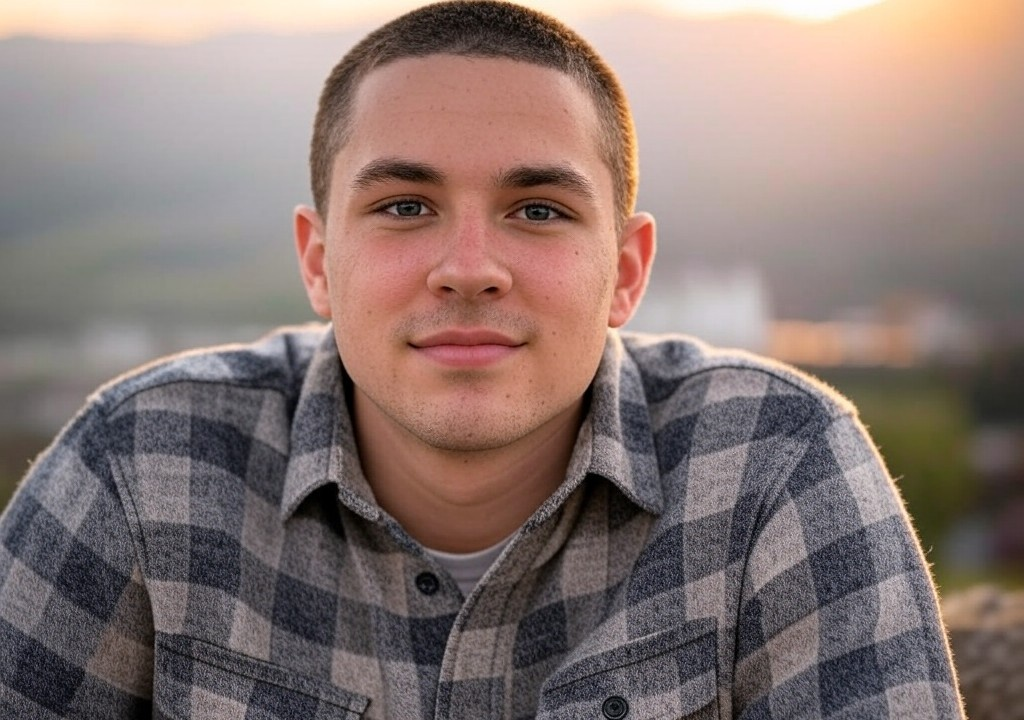When I was nine years old, I made a solemn declaration at the dinner table: I was never going to marry anyone who didn’t love camping. My family, gathered around plates of overcooked roast and mashed potatoes, chuckled in unison. My dad even patted me on the shoulder, beaming with approval as though I’d announced I was running for governor. In our home, camping wasn’t just an activity—it was a doctrine, a badge of moral character. If you didn’t love the smell of pine trees or think freeze-dried chili was God’s gift to humanity, you simply weren’t “our kind of people.”
But here’s the kicker—I don’t actually love camping. I like the idea of it. I love sunny afternoons hiking through switchbacks or flipping pancakes on a cast-iron griddle over a fire. But the damp tents, the questionable bathrooms (assuming there are bathrooms), and the symphony of mosquitoes buzzing in my ears? Hard pass. For most of my life, though, it never occurred to me to question my membership in Team Camping Enthusiast. Growing up, to dislike camping in any form was borderline blasphemous. If the wilderness wasn’t pulling at your soul like a John Denver song, well, were you even trying to connect with the divine?
The “Ideal Family” Perch in the Great Outdoors
For as long as I can remember, our family had an idea of itself that revolved around being rugged yet wholesome sages of the outdoors. We were the Family Who Camped—the people who showed up to the campsite with organized bins of gear (the blue one for cooking supplies, the green one for sleeping bags, thanks very much) and knew how to start a fire without lighter fluid. My dad used to insist that no summer was complete without at least one good trip to the Uintas, my mom proudly showed off her collection of REI receipts, and my siblings traded stories of who had gutted a fish most skillfully.
And for a while, I bought into it. The Family Who Camped mythology bled into how I saw myself and even my relationships. In college, I broke things off with a guy who admitted he “wasn’t really the outdoorsy type.” Despite the fact that he cooked me late-night pasta after a brutal shift waiting tables and knew how to fold a fitted sheet (a real-life miracle), I couldn't get past the image of standing in a canyon alone while he stayed home with Wi-Fi and air conditioning. It wasn’t just that he didn’t like camping—it was that he didn’t fit the story I’d spent my entire life trying to live out. More importantly, I wasn’t secure enough to admit I wanted that story to change.
Cracks in the Legend
The turning point came a few years ago, during a family trip to Arches National Park. I was at peak existential crisis stage—working long days at a job I didn’t love, feeling like my life should be adding up to something more exciting by now. As we hiked Delicate Arch in the mid-July heat, I found myself struggling to keep up with my siblings. It wasn’t just physical exhaustion (though, spoiler alert, 100-degree weather and I aren’t besties)—it was mental exhaustion from trying so hard not to lose face. I’d spent decades curating an outdoors-loving persona only to realize I wasn’t having fun playing that role anymore.
After we got back to camp, I caved. “I don’t think I even like camping,” I confessed, sitting cross-legged on the dusty tent floor. I expected my announcement to land like a thunderclap, but instead, my dad just smiled, passing me some beef jerky. “You’ve never liked the sleeping part,” he said. “You always said the tent zipper sounds like a chainsaw, so we knew.” Wait. What? All this time, I’d been deeply invested in pretending to be the person my family expected me to be…and apparently, they’d known I wasn’t that person all along. Talk about a plot twist.
Rewriting the Narrative
Here’s the thing about family myths: they can offer comfort and connection, but they can just as easily box you in. My parents didn’t intend to teach me that loving camping was a prerequisite for belonging—it’s just the subconscious message I absorbed. I’m sure if you look back at your own upbringing, there’s probably a similar story lurking somewhere. Maybe your family was obsessed with competitive sports or prided itself on everyone going to Ivy League schools. Or maybe, like mine, your family framed a certain hobby or trait as the gold standard of “success.”
But here’s what I’ve learned: no one gets to write your story but you. Your family may have handed you a script at birth, but it’s okay—necessary, even—to go off-book once you figure out that the words don’t fit anymore.
Now, instead of feeling guilty for opting out mid-camping trip (hello, cheap motel rooms), I embrace what I do love: sunrises over red rock cliffs, the crunch of gravel under hiking boot soles, the quiet that blankets the Wasatch valleys after fresh snowfall. The beauty of nature and the joy of connection aren’t contingent on enduring mosquito bites or waking up with a crick in your neck. They’re available to anyone willing to embrace what actually feels good instead of what they’ve been told should feel good.
Permission to Be You
So, if there’s a family myth you’ve been holding onto too tightly—whether it’s about what hobbies you should enjoy, who you should date, or even how you measure success—this is your sign to question it. Challenge it, poke holes in it, rip it open until you find something closer to your truth.
And if your “truth” involves skipping the tent altogether to cozy up in a cabin with reliable plumbing and a good Wi-Fi signal? Trust me: the National Parks won’t revoke your access. Just make sure to pack the jerky.




















